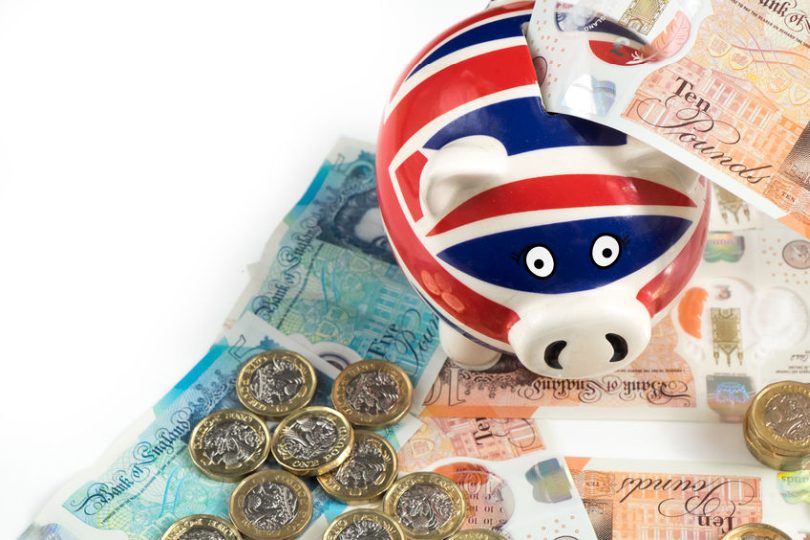
NFU Mutual has picked out important points for farmers and rural businesses to watch out for in Rishi Sunak's upcoming spring statement, taking place on 23 March.
One potential move the Chancellor may announce is a delay in the planned rise in National Insurance, the rural insurer explains.
Since Mr Sunak announced the 1.25% hike in National Insurance last autumn, the cost of living crisis has started to bite with inflation beginning to impact most aspects of daily life.
NFU Mutual says there is now growing pressure on him to delay an increase which will leave the vast majority of workers with less money in their pocket at a time of skyrocketing energy bills.
“Delaying the rise by at least 12 months would also be welcomed by business owners, who face the prospect of paying more National Insurance at a time of rising costs in other areas like fuel and materials.
“If the hike does go ahead, employees and businesses can reduce the impact by paying more into their pensions using salary sacrifice," NFU Mutual says.
Meanwhile, fuel prices have hit record highs in recent weeks, with motorists having to significantly pay more to fill up their tanks.
Fuel duty has been frozen for many years, and currently stands at 57.95p per litre.
NFU Mutual says there is scope for the government to reduce it in order to ease the pain on already stretched budgets.
“The price of domestic heating oil, which is used primarily in rural areas and is taxed at 10.7p per litre, has more than doubled in some areas in recent weeks.”
The Chancellor’s preferred method of raising money is through fiscal drag, which has led to him freezing a number of key tax allowances until 2026.
The main one is the Personal Income tax Allowance, which governs the amount of income people can receive before paying tax, currently standing at £12,570.
NFU Mutual says: “Increasing it in line with inflation, which is currently at 5.5% according to the Bank of England, would move it up to £13,261.
"But even moving it up to £13,000 would help put a little more money into the pockets of millions of people.
“However, the decision to freeze current allowance and Income Tax bands is expected to raise the government an additional £19.2bn by 2026.”
In order to help the squeezed middle, the Chancellor could also increase the point that the High Income Child Benefit Tax charge starts to impact families.
Currently, if one member of the household has income of over £50,000 they become liable for the tax charge, a threshold that hasn’t changed since the tax was introduced in 2013.
NFU Mutual says: “As wages increase more and more families are being caught in the net, and more than a million are now affected.
"Increasing the threshold is long overdue, and will help families hit by rising energy and fuel prices.”
